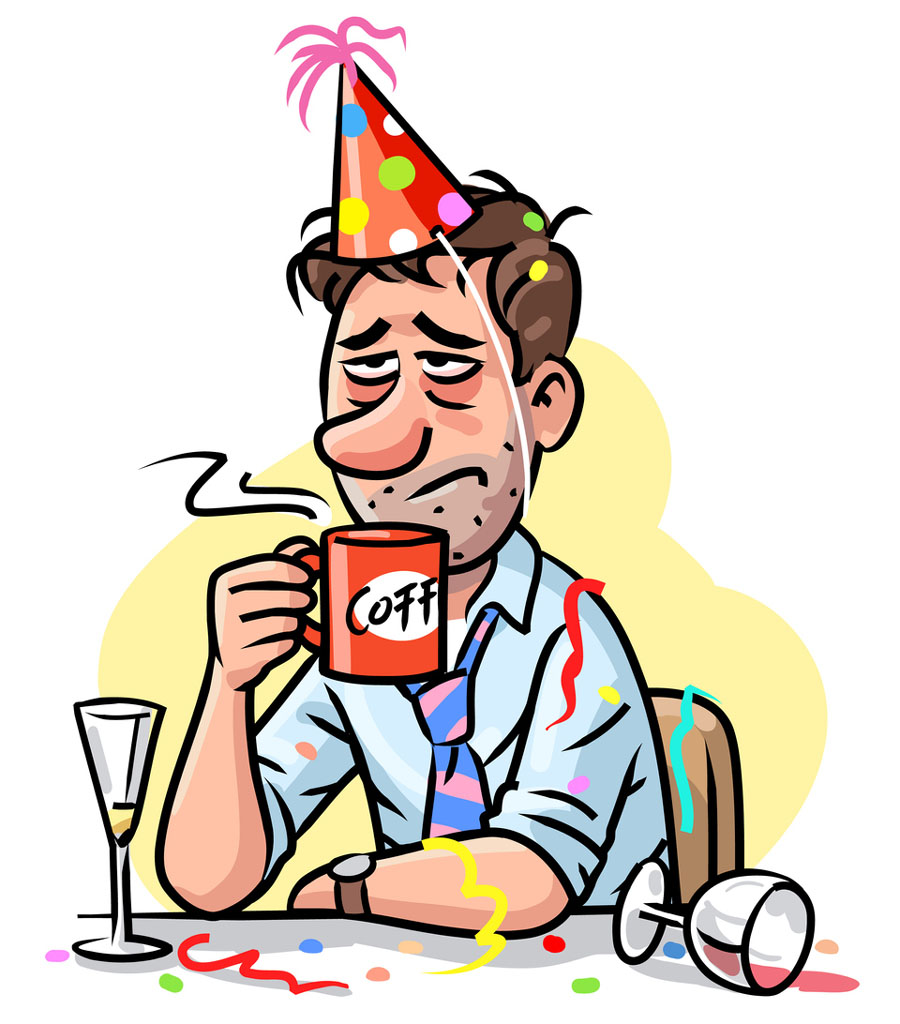Like many of us, we’ve christened each new year imbibing in tasty alcoholic drinks anticipating the new horizon ahead while shedding the year’s events. With friends and family, we danced and drank in no specific order. And we paid for those joy-filled hours suffering the next day blues. As the years tick by, with several parties under our belts, most of us have our own hangover cure we ply to mitigate those new year blahs.

Ancient wisdom to present day myths
If you query ten people who have experienced hangovers and their aftereffects, you will get ten different answers how they “cure” their next day hangover. Ancient Romans believed eating fried canaries cured hangovers. Today’s Greek fraternity brothers purport “hair of the dog,” meaning more alcohol. That myth rose from the days when a cure for rabies was thought to be a potion concocted from the fur of the animal that bit you.
Revealing interesting facts
According to Jeffrey Wiese, MD from the General Internal Medicine Section of the Veterans Administration, he and colleagues derived the culmination report of 108 studies focusing specifically on hangovers. He and medical experts offer insight so we can effectively plan for or manage our upcoming New Year’s celebratory event without suffering its next-day impact.
I passed this quiz among thirteen folks of both genders who admittedly suffered from New Year’s and other occasional hangovers. Not one aced this test. Rather, most were surprised they didn’t get all the answers correct and all admitted they learned something.
See how you fare in this quiz. Answers are posted hereafter.
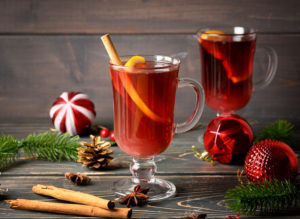
Q: Hangovers aren’t a big deal.
__True
__ False

Q: Hangovers are basically gender neutral.
__True
__False
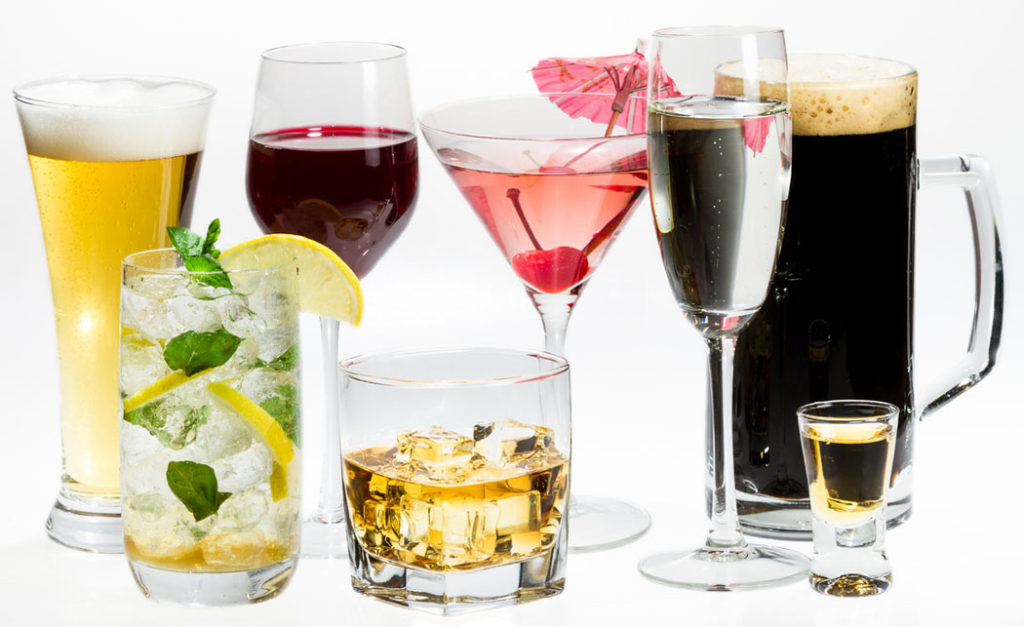
Q: You may not get as bad a hangover if you drink:
__ Mixed drinks
__ Red or blush wine
__ Beer or clear liquor
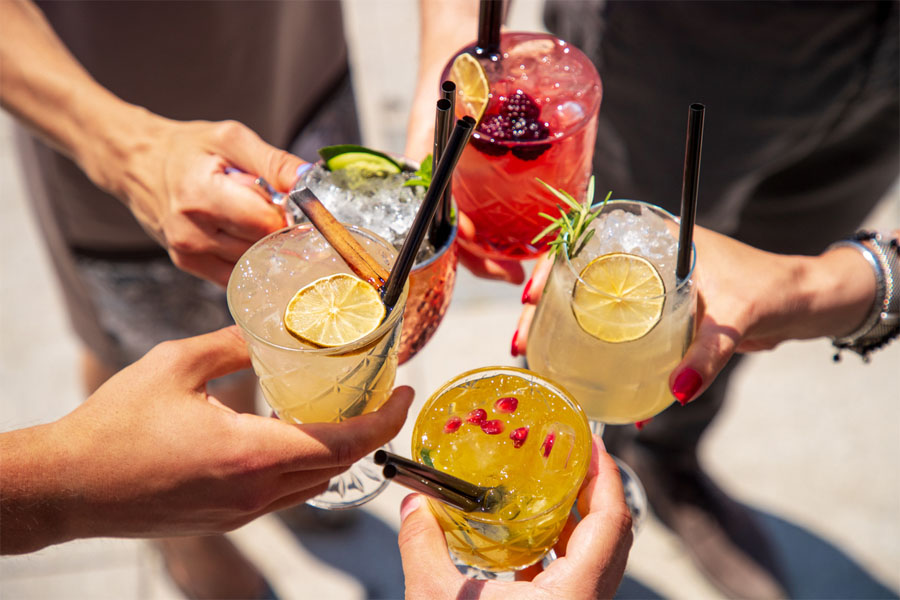
Q: Which of these drinks is most likely to cause a hangover?
__ rum and orange juice
__ rum and soda
__ rum and diet soda
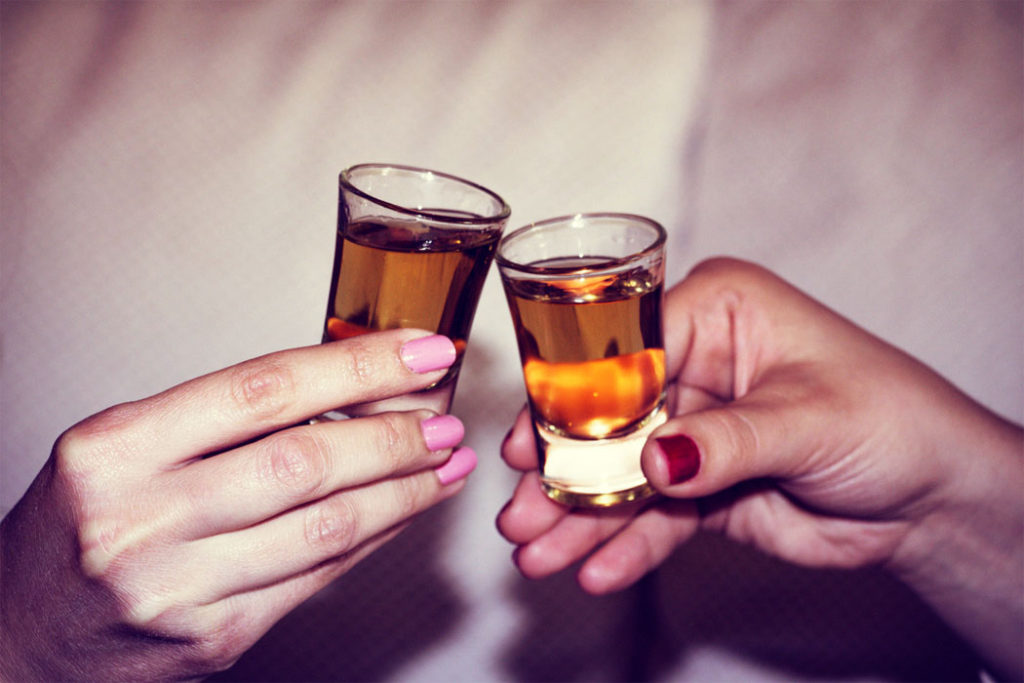
Q: If you drink liquor before beer, you’re in the clear.
__ True
__False

Q: Eating pasta before bed eases a hangover.
__ True
__ False
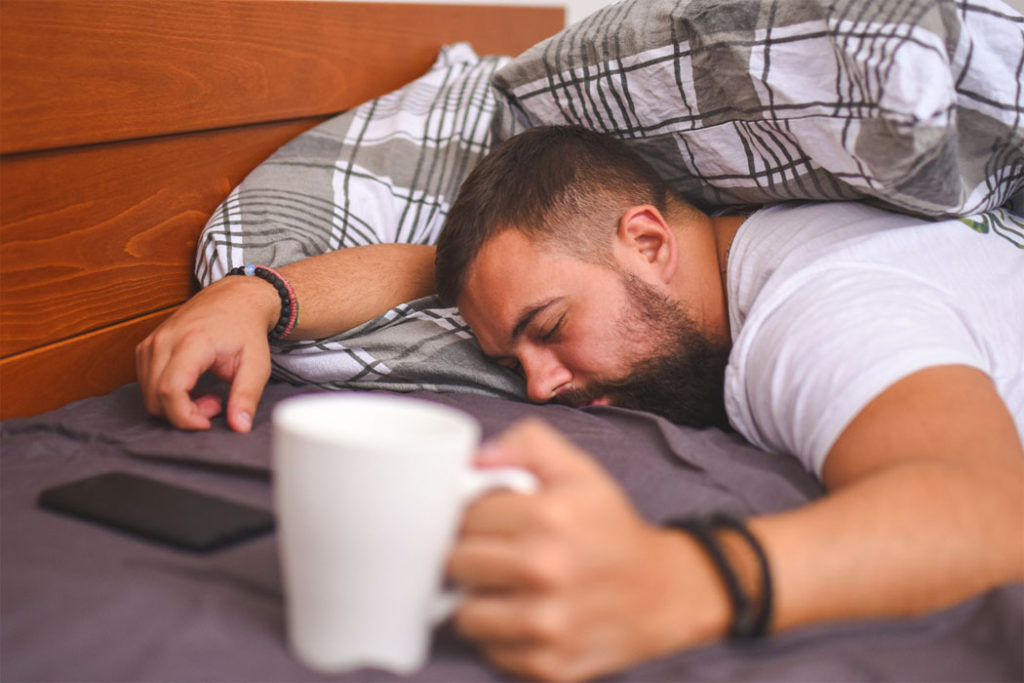
Q: Which of these may make a hangover more bearable the next morning.
__ Crackers
__ Another cocktail
__ Coffee
__ None of these
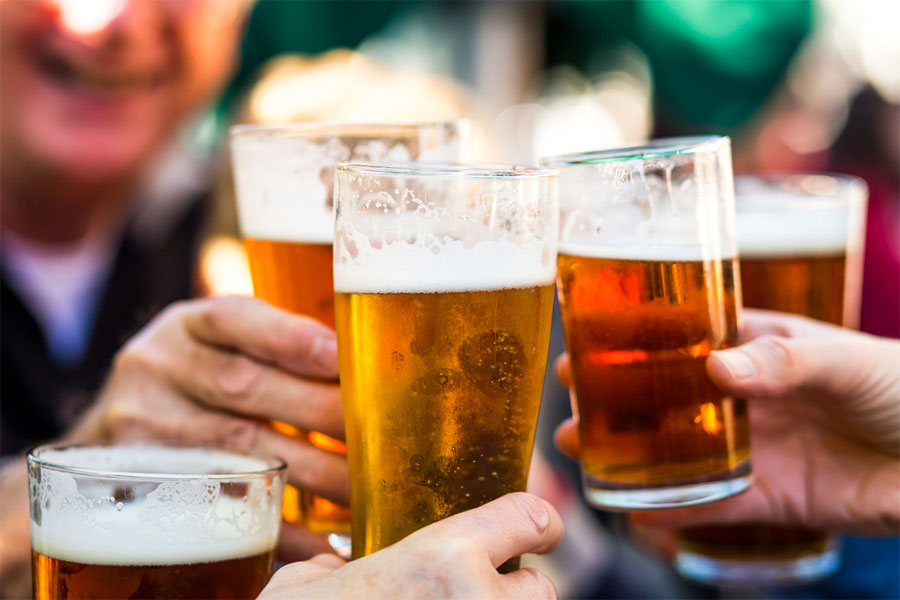
Q: Having a few drinks before bedtime won’t help you sleep.
__ True
__ False
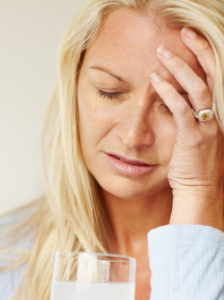
Q: Which of these may prevent a hangover headache if taken before bed?
__ Acetaminophen
__ Aspirin
__ Ibuprofen
__ None of the above
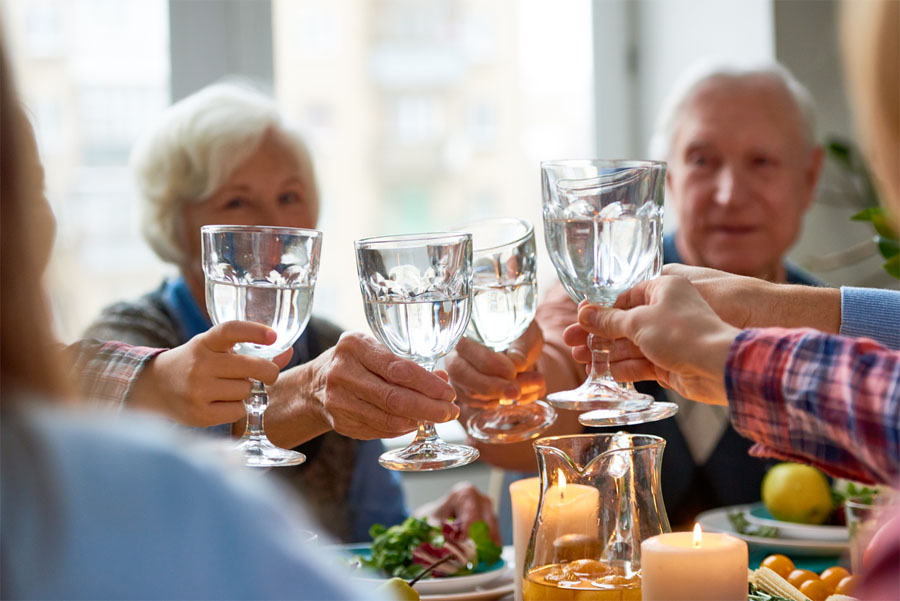
Q: To lower the risks and aftereffects of a hangover drink water.
__ Before drinking
__ During drinking
__ After drinking
__ All of the above
What’s on the horizon?
Some have proffered vitamin B6 and prostaglandin inhibitors (the class of anti-inflammatory drugs that include Ibuprofen and aspirin). Studies have found high level of cytokines, a protein that sends messages to the immune system in folks with hangovers alluding to the conclusion that dehydration and inflammatory response leads to feeling miserable after consuming alcohol.
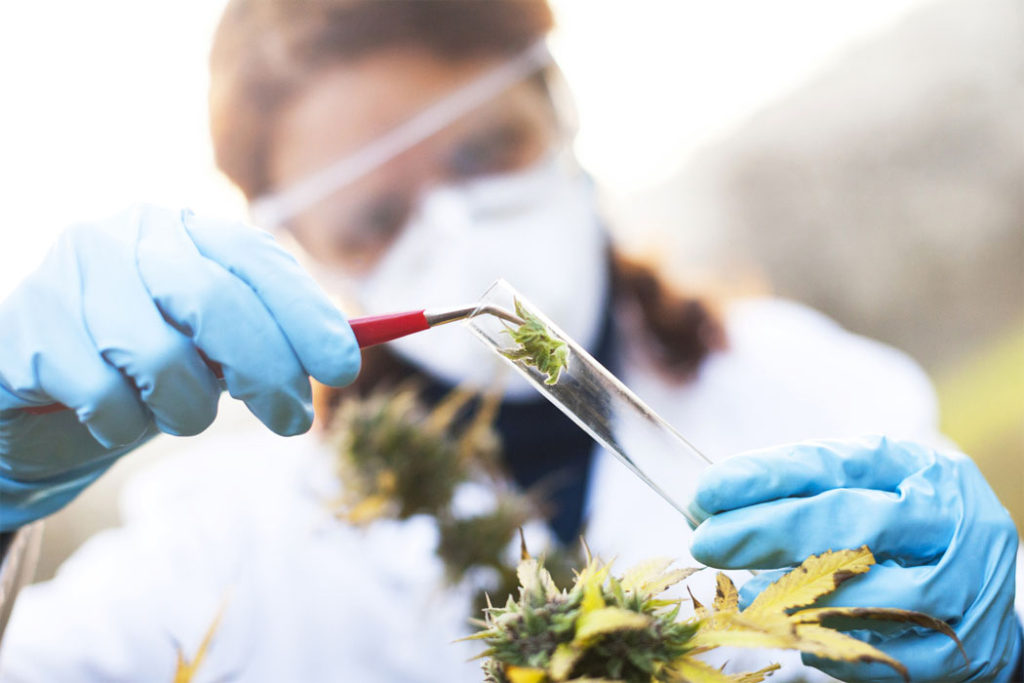
Does anything homeopathic related work?
Scientists have a spate of findings that supplements – red Ginseng, Siberian Ginseng and Korean pear juice may offer some relief. Extract from the fruit Holvenia Dulcis, a tree native to East Asia showed promise in a small study. Extract from prickly pear cactus was reported to reduce symptoms if taken prior to consuming alcohol. The report did not disclose the amount of extract or how it was consumed (e.g., with water, juice or pure extract). Further research is hinting probiotics may have promise, but no data has been published.
Intravenous really?
IV lounges have been popping up and claim to quickly cure your hangover by infusing electrolytes directly in your vein. Medical research has not yet reported that electrolytes, whether you drink them or take them via an intravenous infusion is the ultimate cure for a hangover. What was consistent in every study was the inclusion of sipping water or non-alcoholic drinks interspersed throughout the drinking of alcohol to lessen the dehydration that incites a domino effect of next day blahs. Make this New Year’s celebration more enjoyable.
Keep your answers close as here’s what the medical experts collectively say about hangovers.
Q: Hangovers aren’t a big deal.
A: False. Fact. Hangovers wreak havoc with your central nervous system. As you consume alcohol it enters your bloodstream giving you a blood-alcohol concentration (BAC). The higher the concentration level, the more intoxicated you are. BAC affects your liver, lowers your blood sugar and compromises your immune system. The common symptoms are irritability, cotton mouth, dehydration, nausea or queasy stomach, pounding headache, sleeplessness, being shaky or dizzy, overall lethargy and sensitivity to light and sound. That’s a mouthful that’s not fun to deal with anytime.
Q: Hangovers are basically gender neutral.
A: False. Fact. Alcohol doesn’t target chromosomes. Given a level playing field, if a man and woman drink the same amount of alcohol in the same timeframe, chances are the woman is more likely to be affected by alcohol as the man typically will have more water in his body to dilute the absorption of alcohol. So, when ladies night offers two-for-one or those gigantic drinks, take this into consideration.
Q: You may not get as bad a hangover if you drink:
A: Beer or clear liquor. Fact. Red wine and dark liquors like bourbon, whiskey, tequila and brandy generally hit you faster and cause worse hangovers than white wine, beer and clear liquors like vodka or gin. Most dark liquors contain congeners and more chemicals to color them versus clear liquors. Red wines contain sulfites and tannins known to cause headaches in some. But don’t take this as an absolute as drinking clear liquors to excess can still render a nasty hangover.
Q: Which of these drinks is most likely to cause a hangover?
A: Rum and diet soda. Fact. Mixed drinks with diet soda may help if you’re counting calories, but sugar assists the body in slowing the absorption of alcohol. Research suggests drinks having natural sugars as in orange and fruit juices and regular sugar-containing soda is better than artificially sweetened diet drinks.
Q: If you drink liquor before beer, you’re in the clear.
A: False. Fact. When it comes to hangovers, your body doesn’t care which was first or last. It’s what you drink and how often is what matters. Research suggests there’s little to no difference in alcohol content from a 1.5 ounce shot to a 5 ounce glass of wine or a 12 ounce beer. Studies show people tend to drink mixed drinks and shots faster, so switching to beer might mean you will consume less alcohol overall.
Q: Eating pasta before bed eases a hangover.
A: False. Fact. There is no evidence that eating anything before bed eases the effects of a hangover. Eating before drinking alcohol mitigates the absorption of alcohol into your system. When you have food in your stomach, alcohol can’t go directly to your small intestines where it is absorbed into the bloodstream. High protein foods like cheese and the fat in a steak are best at slowing the absorption of alcohol and may thwart a serious hangover. The caveat – drink on an empty stomach and you may suffer severely from alcohol’s impact.
Q: Which of these may make a hangover more bearable the next morning.
A: Crackers. Fact. The caffeine in coffee incites urination which may lead to further dehydration and will do nothing to a queasy stomach. Having one cup of coffee will assist if you’re a regular coffee drinker and keep you from a caffeine withdrawal headache. Skip a morning mimosa or another cocktail as it just prolongs the aftereffects you’re already feeling. Eating a complex carb like crackers or toast may ease the queasy stomach and counter low blood sugar.
Q: Having a few drinks before bedtime won’t help you sleep.
A: True. Fact. While having a drink or two before bed may help you fall asleep faster, but as the alcohol level concentration (BAC) in your blood drops you may awaken and have more trouble falling back to sleep. Typically excess of alcohol doesn’t help you enjoy decent quality REM sleep. And if you have been drinking heavily, the hangover symptoms may occur at the end of your sleep cycle. Additionally, you may awaken more often to pee, furthering dehydration associated with less sleep resulting in more intense hangover symptoms the next morning.
Q: Which of these may prevent a hangover headache if taken before bed?
A: None of the above. Fact. Don’t take a pain reliever before bed as pain relievers tax your liver which is working hard to process the alcohol you consumed. The pain reliever will generally wear off before morning, so you are better off taking a pain reliever with water upon waking if you need it. Avoid acetaminophen as a first choice as it can cause liver swelling and damage. A better choice would be aspirin or Ibuprofen, although the tradeoff for either is they affect the liver a little less but could irritate your stomach.
Q: To lower the risks and aftereffects of a hangover drink water.
A: All of the above. Fact. All types of alcoholic drinks incite urination. Hence, you pee more and so begins the process of dehydration. Dehydration plus increasing (BAC) blood alcohol concentration are the foundation of a headache yet to form. If you feel thirsty while drinking mixed drinks using a soda-based mixer, perhaps elevated sodium also adds to your need to quench that thirst. Hint: sip water in between whatever your cocktail of choice is. This will help you absorb the alcohol and reduce the deleterious aftereffects known as the hangover. Drink water upon waking, or up your tastebuds to fruit juice or electrolyte drinks. Even chicken soup may help you regain hydration and assist in mitigating the symptoms of the hangover.
Did you score 100%? If not, don’t feel bad. All thirteen folks that I administered this test to missed at least one, some missed as many as four questions. And, a few of these participants claimed to be veteran partiers. All admitted that they chose common sense answers and still learned something.
Read the published article here: Fact vs. fiction: How much do you know about hangovers? We bet you can’t ace this quiz – RV Travel
Kate Doherty has been writing for more than 30 years in technical, medical and general media. In her previous business, she and her spouse dealt with special projects within the military/government sector. Recently she published Masquerade: A Logan Scott Novel under the pen name Bryan Alexander, a thriller now available in eBook and paperback on Amazon. It’s a page-turner
